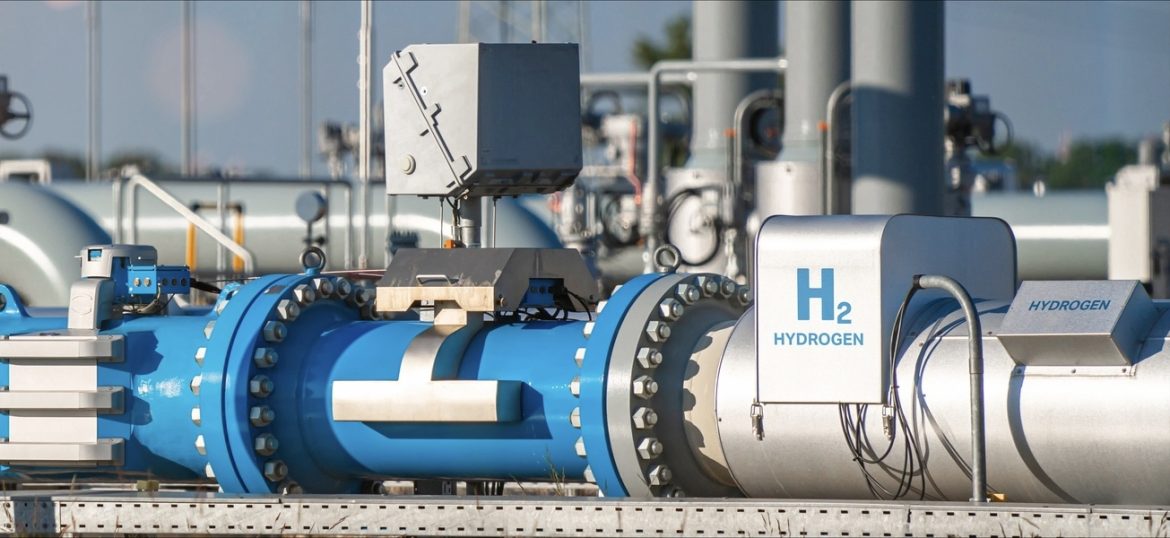Despite enthusiasm for a green hydrogen economy in Africa, most projects remain in the conceptual phase. Financial investment decisions are yet to be made, and binding offtake agreements are still lacking.
During the Africa Energy Forum in Barcelona, experts discussed the potential and risks of green hydrogen. Data shows over 60 hydrogen-related projects announced across 17 African countries. Yet, like renewable energy projects, hydrogen initiatives face unique challenges.
Green hydrogen projects target export markets, but competition from advanced technologies in other countries poses significant challenges. Infrastructure costs for producing and transporting hydrogen add to these difficulties. Currently, the world consumes 95 million tonnes of hydrogen, produced and consumed locally, with no significant trading yet.
Rushing into green hydrogen could lead to high technology costs and unviable market paths. Delaying, however, might cause Africa to miss the energy transition boat. Securing an off-taker remains a significant hurdle, overshadowing cost speculation.
In North Africa, Egypt aims for 42% renewables by 2035. The country’s rich renewable energy sources position it as a potential gateway for green energy from Africa to Europe. However, officials recognize the challenges of securing an off-taker and the high costs of green hydrogen production.
Standardizing green hydrogen certification is another significant hurdle. Currently, only the EU has agreed on a certification process. Without a global standard, even defining green hydrogen remains contentious.
Morocco plans to produce green hydrogen for domestic use and export. The country aims to produce around a million tonnes of ammonia by 2027 alongside 200 kilotonnes of hydrogen. Ammonia will serve as a feedstock for Morocco’s phosphate industry, replacing imports previously sourced from Ukraine.
The conflict between Russia and Ukraine has altered the energy landscape. Germany, for instance, supports the hydrogen industry through the H2Global Fund, securing long-term offtake and making projects bankable. The PtX Development Fund provides grants for industrial-scale projects along the green hydrogen value chain. Germany also allocated $380 million to the EIB for funding viable projects.
However, large banks seek long-term offtake evidence, not just countries’ desperation for new energy sources. Financing renewable energy projects requires driving down funding costs. Long-term project tenors are crucial, especially for green hydrogen.
Finding projects incorporating a significant proportion of local use is a potential solution. As projects scale and export opportunities arise, they can grow the market. Large multilateral banks want to finance projects but need to understand the technological aspects better. They increasingly ask, “What is the local use case?”
Green hydrogen projects can positively impact local communities. Proposed plans in emerging markets aim to create excess green energy to power local communities or provide potable water. Building carbon credits or green certification into projects can measure their community impact. However, without a use case, these effects remain speculative.
Phasing out fossil fuel subsidies and pricing emissions are contentious topics. These measures, even symbolic at first, are being considered.
Specific industries, like nitrogen-based fertilizers and green hydrogen for refineries, face storage and transport logistics problems. These issues remain unexplored and unresolved. Energy experts advise regulators to ensure clear and transparent foreign investment frameworks, addressing technical risks and regulatory policies.
While regulation is crucial, it doesn’t drive projects to a financial close. Offtake security, feasibility, and project bankability are essential. Mitigating project risks and securing revenue increases the chances of success. Successful projects can prove green hydrogen’s viability as an energy carrier and feedstock, facilitating the energy transition.
Africa’s journey toward a green hydrogen economy is filled with challenges and opportunities. Strategic planning, investment, and collaboration are vital for turning conceptual projects into reality.
Source: ESI Africa



